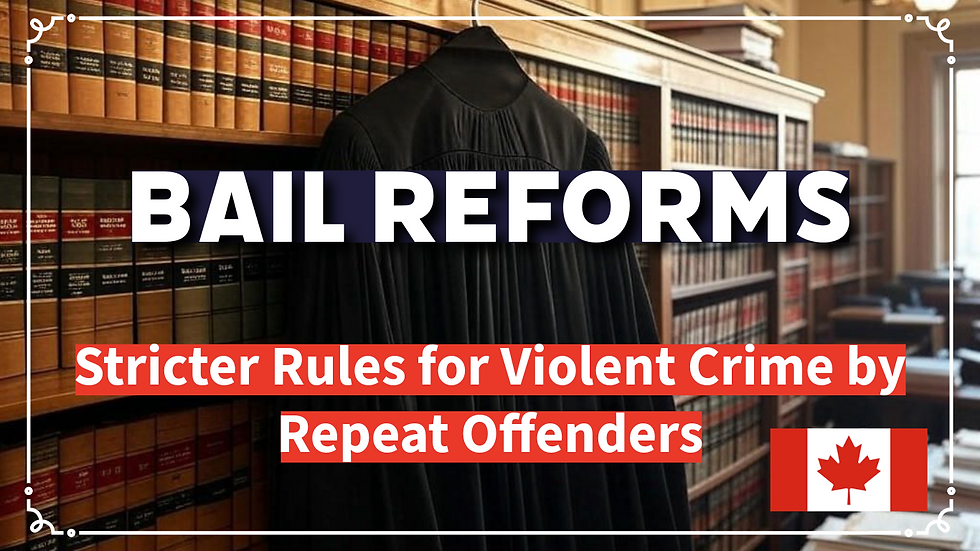Orissa High Court Affirms Conviction Based on Dying Declaration
- M.R Mishra

- Jul 14, 2024
- 2 min read
Persons nearing death are unlikely to lie, and their final words are given "legal sanctity" as evidence, stated the Orissa High Court while upholding a man's conviction and life sentence for murdering his wife.
Fifteen years ago, a trial court in Phulbani relied on the woman's dying declaration to a medical officer, where she described how her husband set her on fire by pouring kerosene over her.
The court emphasized that the nearness to death is a powerful guarantee of the truthfulness of such statements.
The two-judge bench noted that a dying person is free from motives to lie, supporting the reliability of their declarations.
The High Court also mentioned that the dying declaration, recorded by the medical officer, clearly outlined the appellant's motive, leading to his conviction under Section 302 of the IPC.
Combining the principle that a dying person speaks the truth with the circumstantial evidence, a strong case was established against the appellant.
A dying declaration is a statement made by a person who is believed to be on the verge of death, regarding the cause or circumstances of their impending death. It is considered to be a crucial piece of evidence in criminal cases, particularly those involving homicide.
Legal Basis
In India, dying declarations are governed by Section 32(1) of the Indian Evidence Act, 1872.
Importance of Dying Declarations
Credibility:
It is generally assumed that a person on the brink of death is unlikely to lie, making such statements highly credible.
Evidence: It can be a crucial piece of evidence to convict an accused, especially when there is a lack of other evidence.
Conditions for Admissibility
To be admissible in court, a dying declaration must generally meet the following conditions:
The declarant must believe that death is imminent.
The statement must relate to the cause or circumstances of the declarant's death.
The declaration must be recorded in a voluntary and trustworthy manner.
Challenges and Criticisms
While dying declarations are considered important evidence, they are not without their challenges and criticisms:
Possibility of coercion: There have been cases where the declarant might be influenced by others to make false accusations.
Medical condition: The declarant's mental and physical condition at the time of making the statement can affect its reliability.
Interpretation: The interpretation of the statement can be subjective and open to different perspectives.






Comments